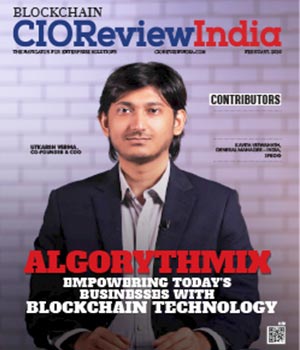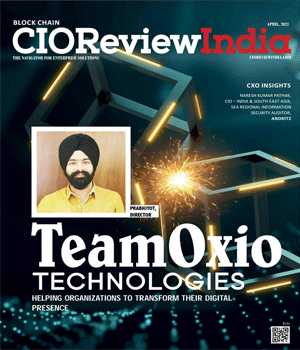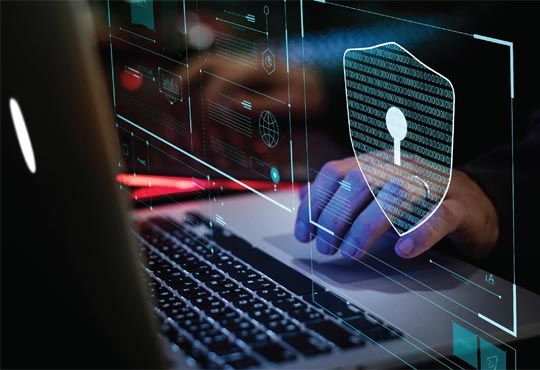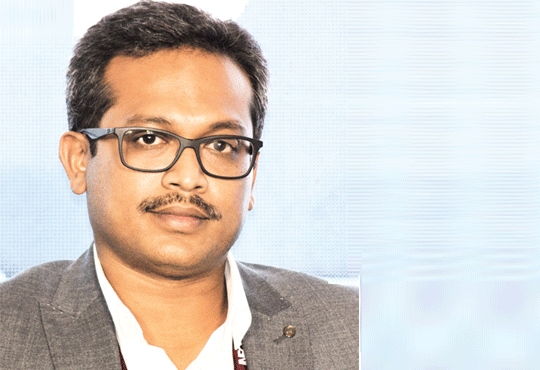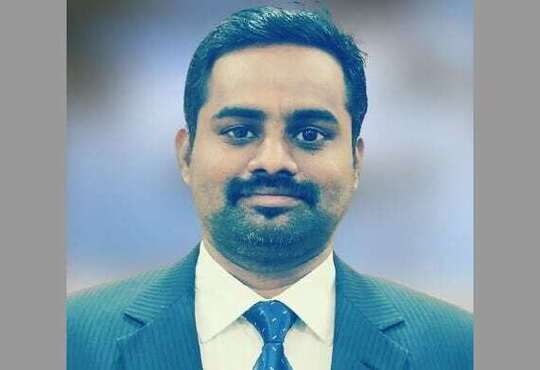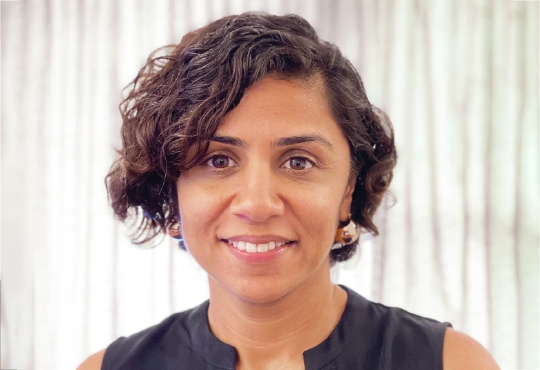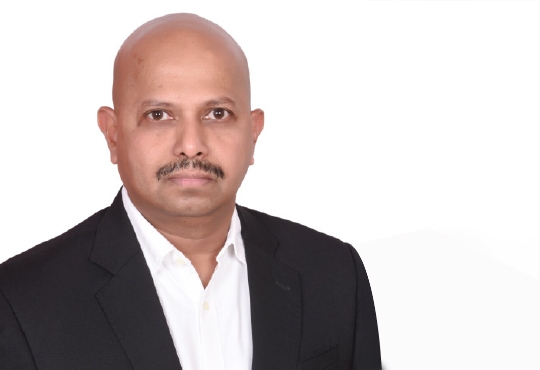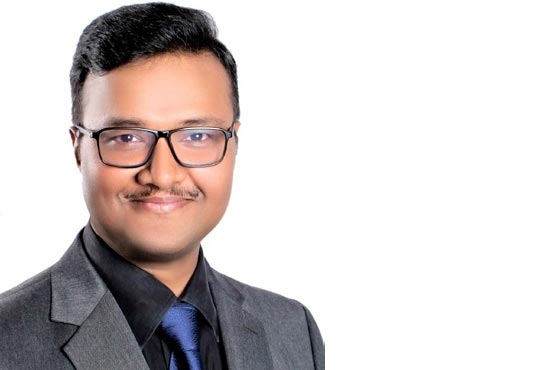
How Technology Can Improve the Election Process
Janifha Evangeline | Saturday, 09 October 2021, 03:37 IST
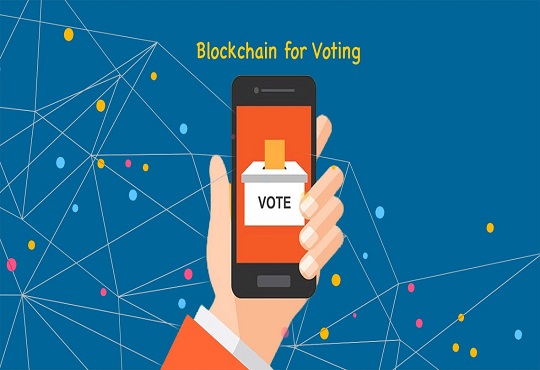
The Telangana government has developed India’s first smartphone-based e-voting solution. The state has conducted a dry run in Khammam district. This e-voting facility is mainly aimed at helping some voters that include Persons with Disabilities (PWD), polling personnel, senior citizens, citizens working in notified essential services, and patients who cannot come in person to vote owing to numerous reasons during elections.
People are both excited as well as concerned about the introduction of technology into the electoral process. Furthermore, currently, most of the countries are exploring or at least contemplating the implications of electoral technology. These include databases for voter registration, electronic voting, bio-identification systems, optical scanning & GIS. However, the major challenge of building an electronic voting system is not only security but also protecting the secrecy of the ballot.
While one of the issues India is facing currently is the declining voter turnout, the major reason for this is the fact the citizens have to travel to their respective registered constituencies in order to cast their votes.
According to reports, an estimated Four hundred and fifty million people have migrated from their hometowns to different places across India for work, education, etc. in addition, most of them do not register in their new constituencies. As a consequence, about 1/3rd of the Nine hundred million people who were eligible to vote in the 2019 general elections did not cast their votes.
Therefore, the decreasing voter turnout along with increasing concern regarding voter registration integrity, poll accessibility as well as election security has led the government to contemplate blockchain-based voting platforms. In collaboration with IIT, the Election Commission of India is looking forward to building a blockchain-based voting system. This system is mainly intended to permit voters to cast votes without having the trouble of going to the assigned polling center of their respective constituencies. This project would greatly help seasonal and migrant workers, to cast their votes from anywhere, as they account for approximately fifty-one million of the population as per a census that was conducted in 2011. Not just that, this type of voting system will also benefit remotely stationed members of the armed forces.
Although the system would let registered voters cast votes from anywhere from the country, regardless of their constituencies, it would still be needed for voters to visit an assigned center to avail of this facility.
As one of the emerging technologies, Blockchain is making inroads in several industries and one of them is the financial sector. The merit of implementing blockchain is that it records information in such a manner that makes it difficult to tamper/hack the data that is being submitted.
Blockchain transactions are not corruptible owing to encryption and decentralization of the technology and every transaction is easily certifiable. Therefore, in order to corrupt a blockchain, every block in the chain should be altered across the distributed systems of the chain. Although it is not impossible to do this, it is more of a tedious and time-consuming process.
Blockchain-based election trials across the globe
Implementing blockchain in the voting system is not a new concept as numerous blockchain-based elections have already been conducted around the world and most organizations have already begun to develop blockchain-based voting systems.
The first large-scale political elections by implementing blockchain technology were conducted in the year 2018 in Thailand and the Republican party of Arizona piloted one of the blockchain-based voting systems called Voatz, where officials used the mobile application-based solution.
India’s first Smart-phone based e-Voting solution
The Telangana government has developed India’s first e-Voting solution. In this smart-phone based solution, blockchain technology has been implemented in order to secure the de-identified and encrypted votes so that these can be maintained and kept as immutable records.
The TSEC e-Vote Android app that is to supposed to be used for the dry run, is a security-hardened mobile application. This app will help in preventing tampering as well as bind a device ID & phone number to a specific citizen registration process in a way that only the same device can be used during voting, by enhancing security by design itself.
The whole process can be monitored as well as controlled by the admin through a web portal. Further, the generation of results is protected with the requirement of a physical security token-based decryption and the complete data is being stored in the State Data Centers as an added security consideration.
Principal secretary, IT department, Jayesh Ranjan said that “Artificial Intelligence and Blockchain are two of the most versatile emerging technologies that already empower various of our GovTech projects. We are glad to have supported TSEC in this initiative of building an e-Voting solution for our citizens and especially those that may face challenges with or without the Covid-19 pandemic.”
Conclusion
Blockchain’s transparent, encrypted and decentralized system could render an alternative by enabling/facilitating an online voting system which will help in minimizing fraud/tampering. Since blockchain transactions are hard to erase/edit and owing to the absence of a central system, it will be one of the secure ways to conduct the voting process.
CIO Viewpoint
Is Secure Access Service Edge(SASE) Part Of...
By Archie Jackson, Senior Director and Head of IT & IS, Incedo Inc
By By Naresh Kumar Pathak, CIO - India & South East Asia, SEA Regional Information Security Auditor, ANDRITZ
By Sugata Roy, MD & CEO, arodek Technology Consulting Pvt. Ltd.
CXO Insights
Blockchain: Revolutionizing Industries, One...
By Dr. Arvind Deendayalan, Global Practice Head - Blockchain, Infovision
Dissecting The Role Of DevOps In Contemporary ERA
By Kavita Viswanath, General Manager – India, JFrog
Advisory FOR CXOs At A Crossroads To Modernize...


.jpg)
.jpg)
